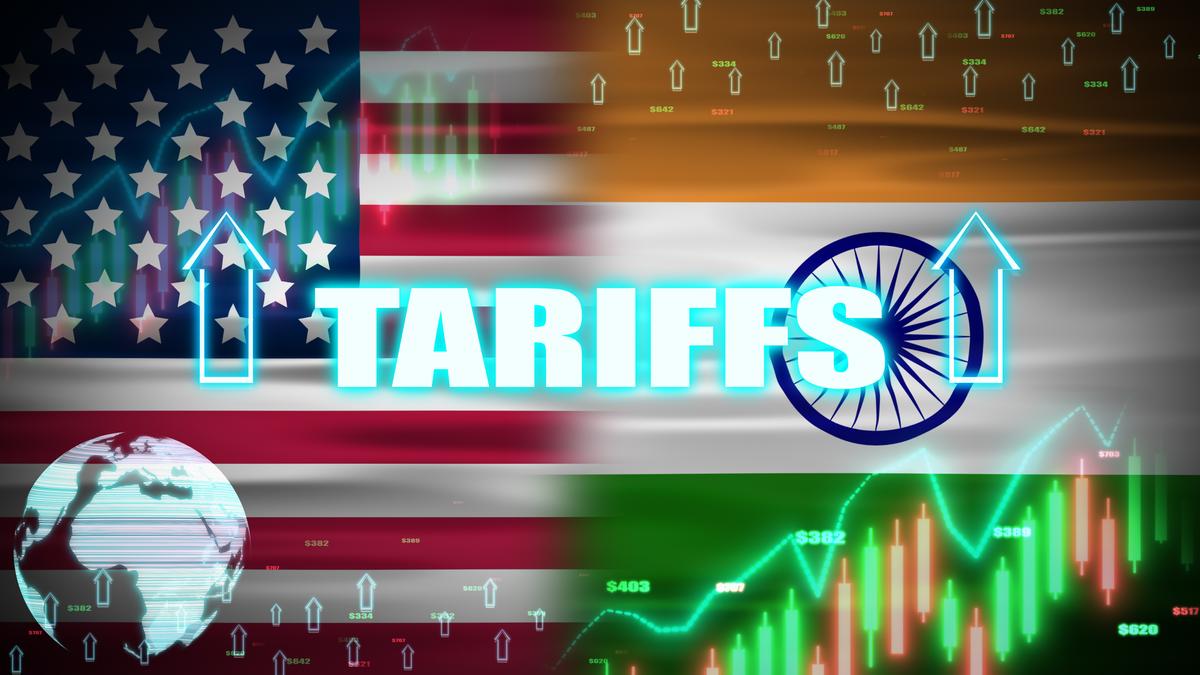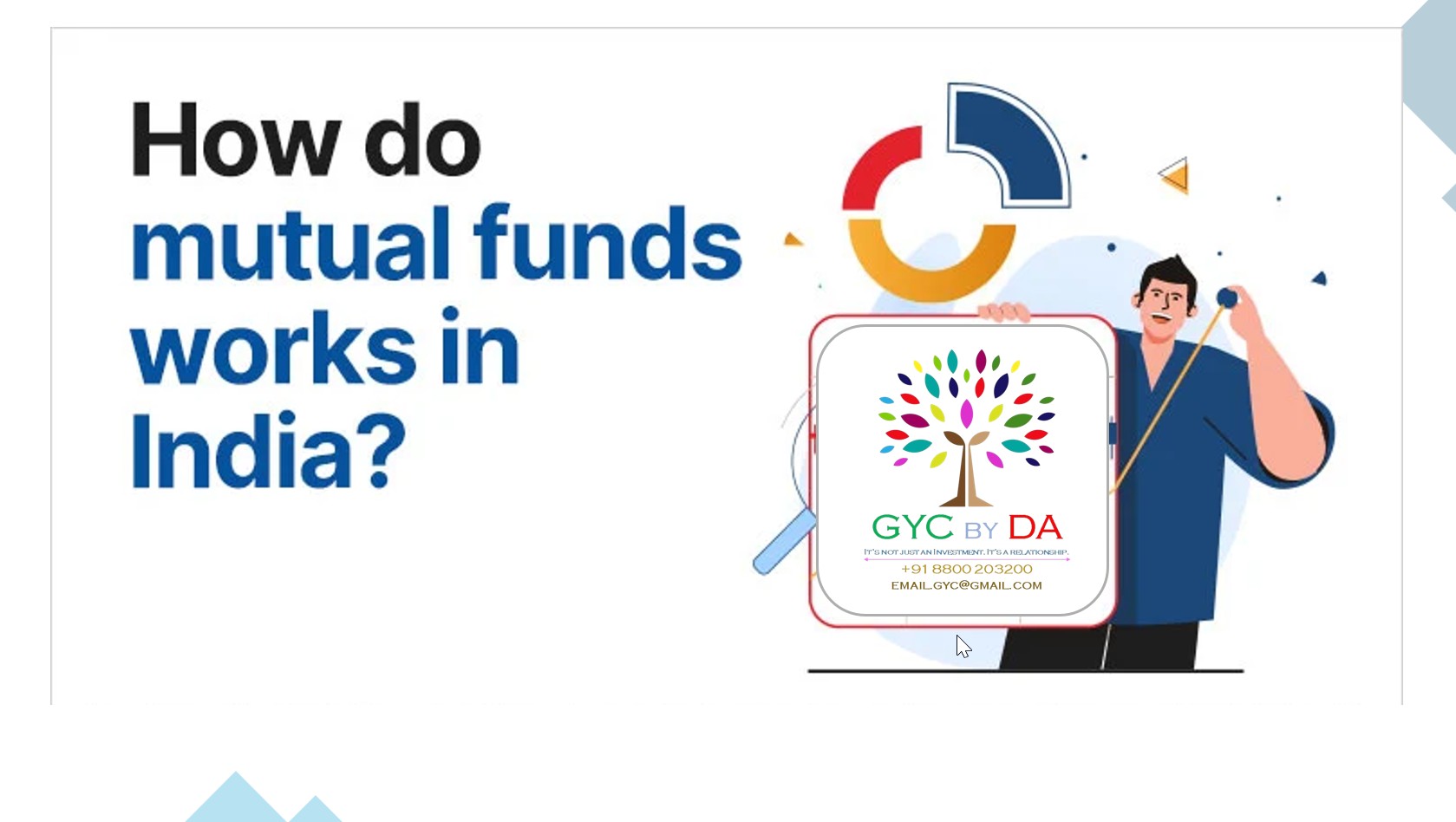Recent Blog
I am about to retire…
Gone are the days when people used to retire at age 60 or 65. Now, given a choice, most of us would like to retire at age 45 or at around age 50. This is often not to sit back and relax for the rest our lives, but to live life in our own terms and speed. But this is not possible without having adequate financial backup. Even if we gather enough savings, how to manage that money way forward is critical. Let’s sum it up in 5 points:
1.Starting few years after retirement can turn out to be little chaotic, as not all money can be made available on liquid form on day one. EPF and gratuity money takes its sweet time to reach to you. PPF, NPS (not liquidable in case of early retirement), FD, PMS, AIF etc. can also take its time to come out of their respective lock-in periods, if any. This is expected. So, your financial life, right after retirement, may not be ditto like it was planned in Excel. You need to give some time to put everything in order. Be patient.
2.Nature of asset allocation in your portfolio, before and after retirement, differs. And rightfully so. Like, liquidity was never such a serious concern before. But after retirement, when your regular income stops, you need regular cashflow to arrive at the start of every month without fail. This implies, that a certain portion of portfolio must be kept in liquid. To start with you can set aside at least 2-3 years of expenses in some liquid instruments and give a switch-out instruction from there.
3.Another new addition (if you had not invested before) in your portfolio could be fixed income or debt asset. At this stage, your risk appetite and capacity, both tend to go southward, and again rightfully so. To provide much-needed stability in your portfolio, a significant portion (say, at least 30% may be) should be invested in such asset. This will surely have some adverse tax impact but that should not deter you from this. Keeping a perfect balance between credibility, rate of return and lock-in period here is critical.
4.Does retirement mean – ‘no equity’ anymore? Definitely not. As your retirement fund should last really long (from 20 to 40 years’ time), some portion of portfolio must have exposure in equity asset. This provides the much-needed growth booster in your portfolio over long term. The wealth thus created can later be transferred to fixed asset bucket or liquidity bucket as required.
5.All said and done, expect the unexpected. Stay prepared for steep lifestyle inflation, increasing medical expenses, reducing return from fixed income asset and so on. There is no escape from this. The best strategy is to review your portfolio more frequently than before. Feel free to accept any mistake, if made already, and take the corrective steps at the earliest. Getting emotionally attached to any investment decision made, can backfire. So stay clear of that.





